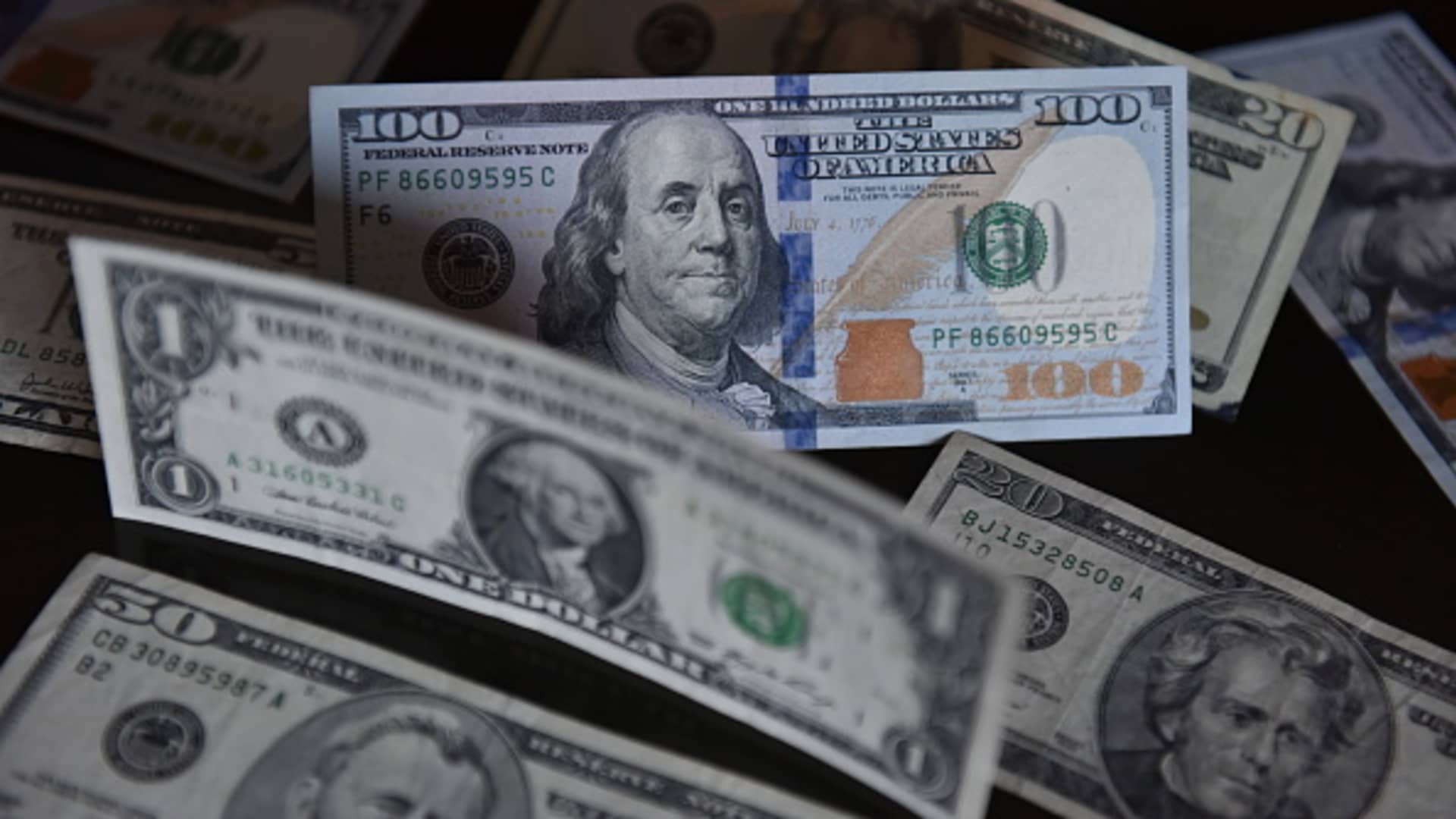The U.S. seemed to be winning its battle against inflation, but the latest consumer price index data showed inflation rose more than expected.
Right now, consumers are expecting prices to come down in the future, according to surveys like those out of the University of Michigan.
The University of Michigan’s preliminary results from its September survey showed year-ahead inflation expectations at 3.1%, marking the lowest reading since March 2021.
Meanwhile, the preliminary findings for the five-year inflation outlook came in at 2.7%. That’s closer to pre-pandemic inflation expectation levels as well as the Fed’s 2% inflation rate goal.
“It’s been remarkably stable even as inflation has peaked during the last summer,” Joanne Hsu, director of the Surveys of Consumers at the University of Michigan, told CNBC. “People behave in accordance with their expectations and with their sentiment and attitudes towards the economy,” Hsu added.
Inflation expectations, or the rate at which consumers expect prices to rise or fall in the future, can influence higher prices in the economy.
“Theoretically, conceptually, it makes sense,” Claudia Sahm, former Federal Reserve economist and founder of Sahm Consulting, told CNBC. “[Consumers] can kind of make it happen by changing their behavior.”
Inflation expectations play a crucial role in the decisions made by the Federal Reserve. Policymakers take them into account as they work to meet their mandate of reaching maximum sustainable employment and maintaining stable prices.
But consumer expectations of inflation are still above the Fed’s 2% inflation rate target.
Federal Reserve Chair Jerome Powell’s prepared remarks for his keynote address at the Kansas City Fed’s annual retreat in Jackson Hole, Wyoming, noted that inflation has come down but it still has a ways to go.
“Although inflation has moved down from its peak — a welcome development — it remains too high,” Powell said. “We are prepared to raise rates further if appropriate and intend to hold policy at a restrictive level until we are confident that inflation is moving sustainably down toward our objective.”
Powell indicated that more interest rate increases could be on the horizon as financial markets anxiously await to see if inflation is truly decreasing.
“My concern is there’s too much confidence in the potential of how this whole inflation thing plays out,” Barry Glassman, founder and president of Glassman Wealth Services, told CNBC. “My biggest concern is that’s already priced into the markets.”
Watch the video above to learn more about how inflation expectations are measured, why the Fed cares so much about them and how consumer behavior alone can manifest higher prices.
Clarification: The University of Michigan’s preliminary results from its September survey showed year-ahead inflation expectations at 3.1%. An earlier version didn’t include this data.

